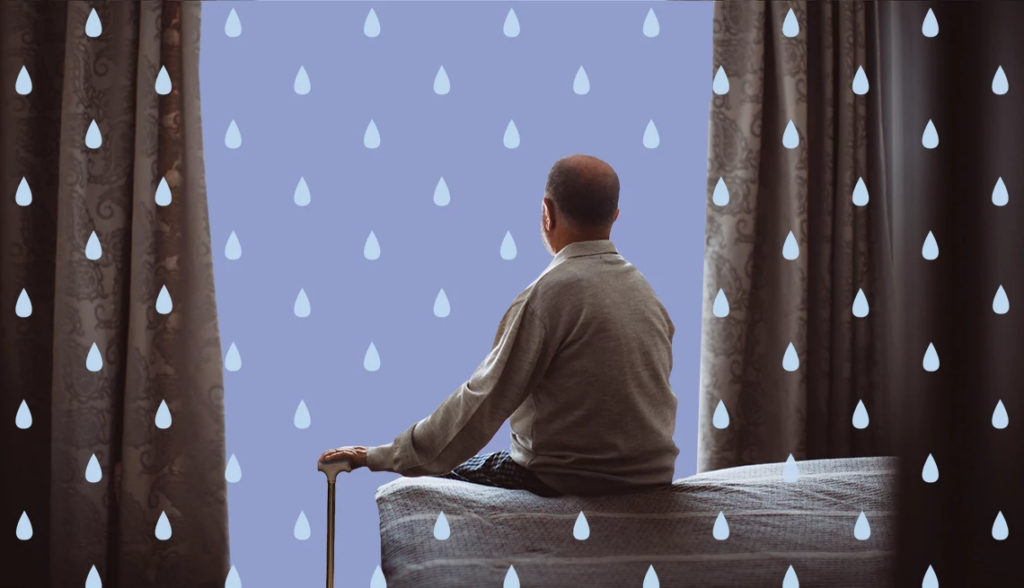Does Being Lonely Make You Age Faster?

When it comes to taking care of our health as we age, the focus tends to be on lowering cholesterol, managing blood pressure and other healthy habits. But socializing? “Sometimes we ignore this part,” says Amir Lerman, a Mayo Clinic cardiologist.
Mounting research suggests that could be dangerous.
Loneliness has been linked to many negative health consequences, including a higher risk of developing dementia, depression, even heart disease. It can have the same impact on your health as smoking 15 cigarettes a day, a report from the U.S. surgeon general says. And new research suggests that loneliness may cause the body to age faster.
In a study published March 20 in the Journal of the American College of Cardiology: Advances, a team of Mayo Clinic researchers examined the social lives of more than 280,000 adults and found that people who were less likely to participate in social clubs, services, activities and get-togethers were more likely to have a so-called biological age that was older than their actual age.
Where chronological age measures how many years you’ve been alive, biological age measures how old your cells are and provides a better estimation of overall health and well-being, researchers say. It can be measured in a variety of ways. For this study, researchers used a common test that monitors the health of the heart, called an electrocardiogram (ECG), paired with an artificial intelligence algorithm to predict the biological age of the study participants.
The researchers also assessed the social lives of the participants and scored them based on whether they belonged to any club or organization, participated in social activities, kept in touch with friends and family, attended religious services, and more.
They found that the study participants with higher social scores had lower biological ages, and individuals who were socially isolated were physiologically older than their actual age.
“So let’s say you’re 50 and you are socially isolated. The ECG age may show that you’re 60,” says Lerman, who is a senior author on the study. “If you are socially active, then it will show that you’re 50 or 45.”
To learn more about the risks of loneliness and aging, from AARP, CLICK HERE.
